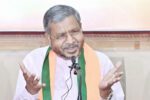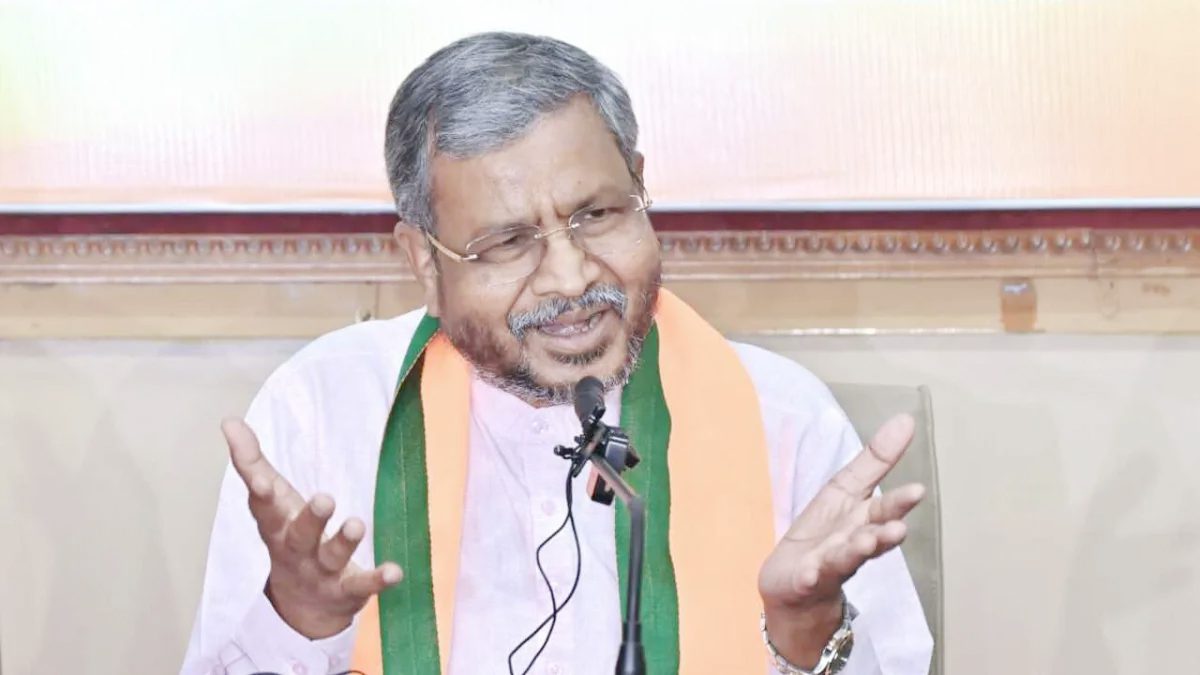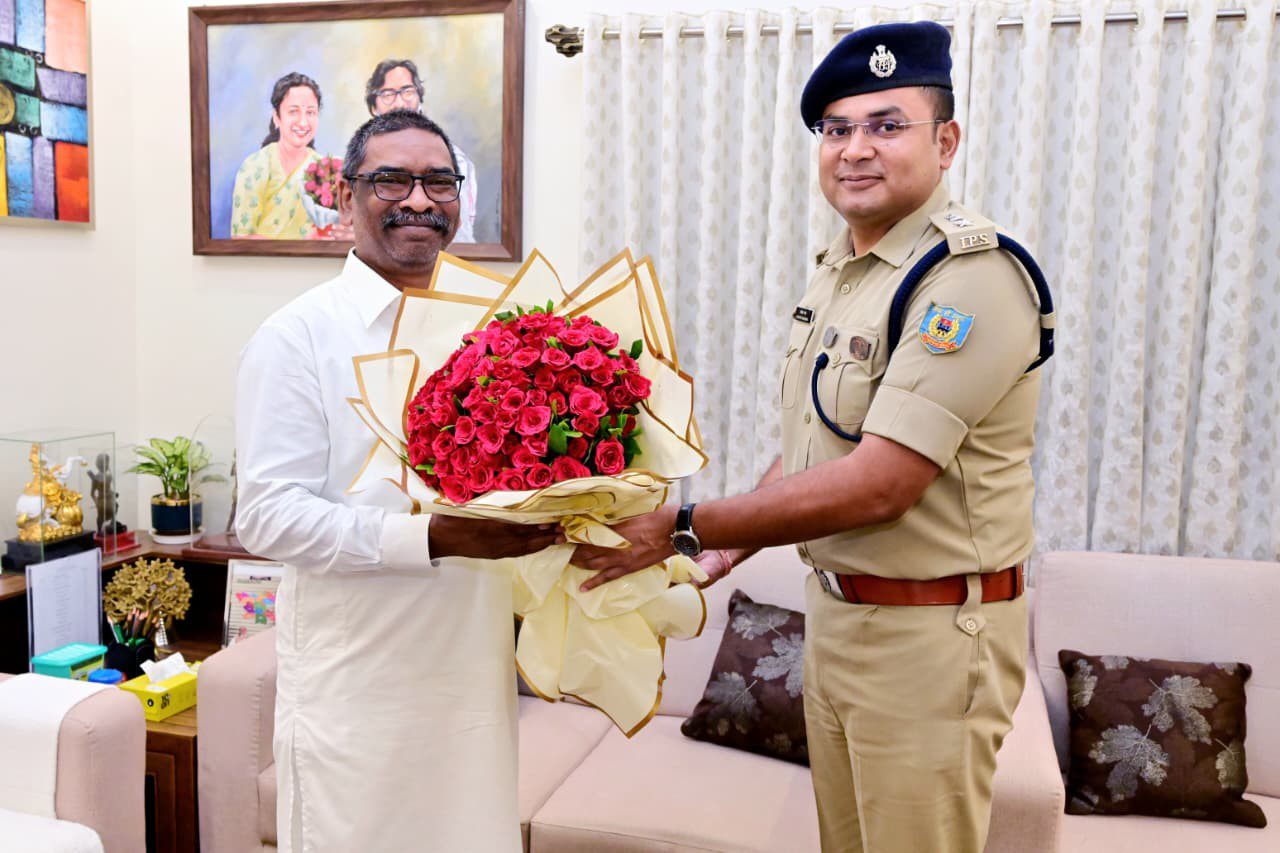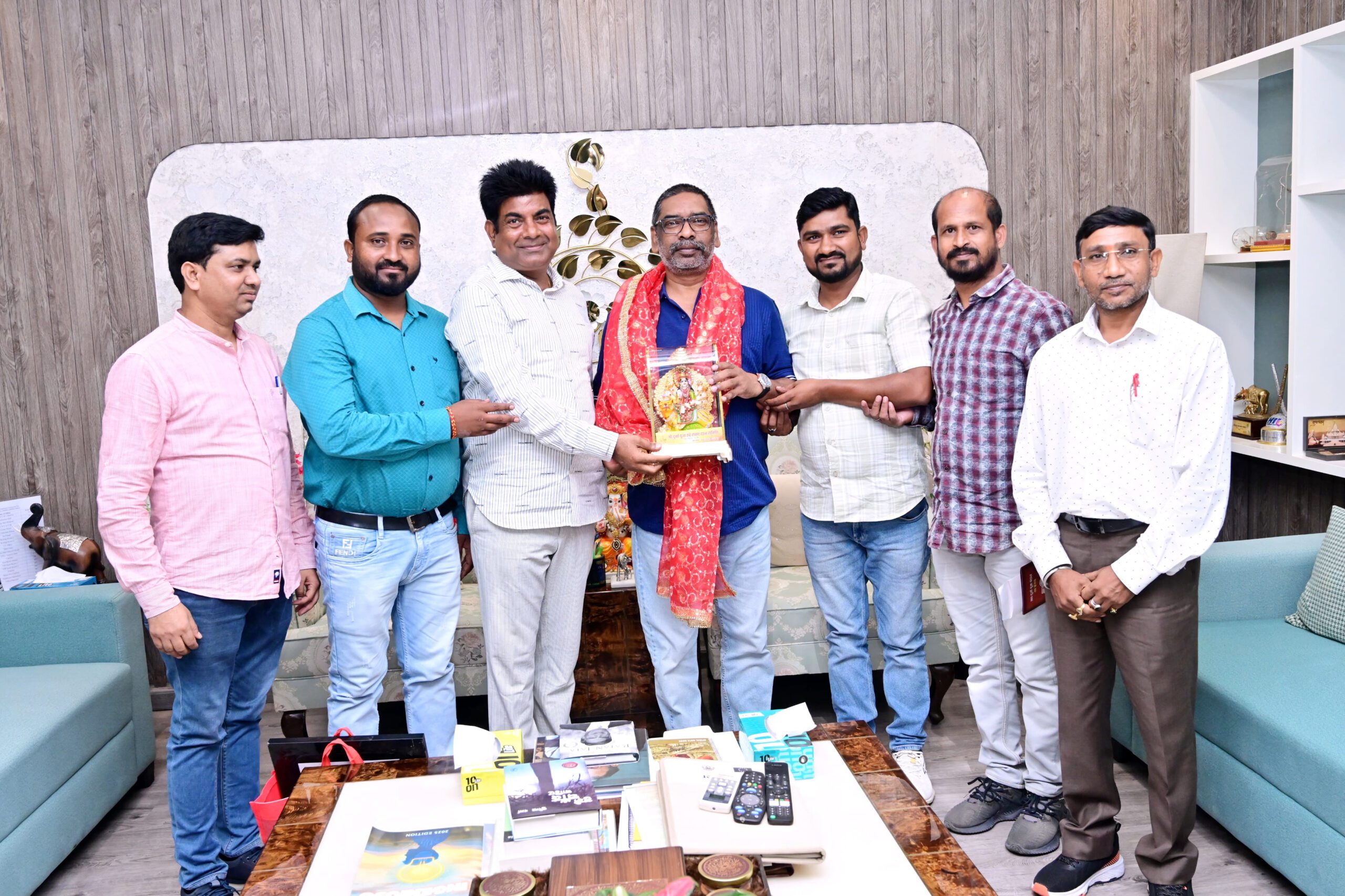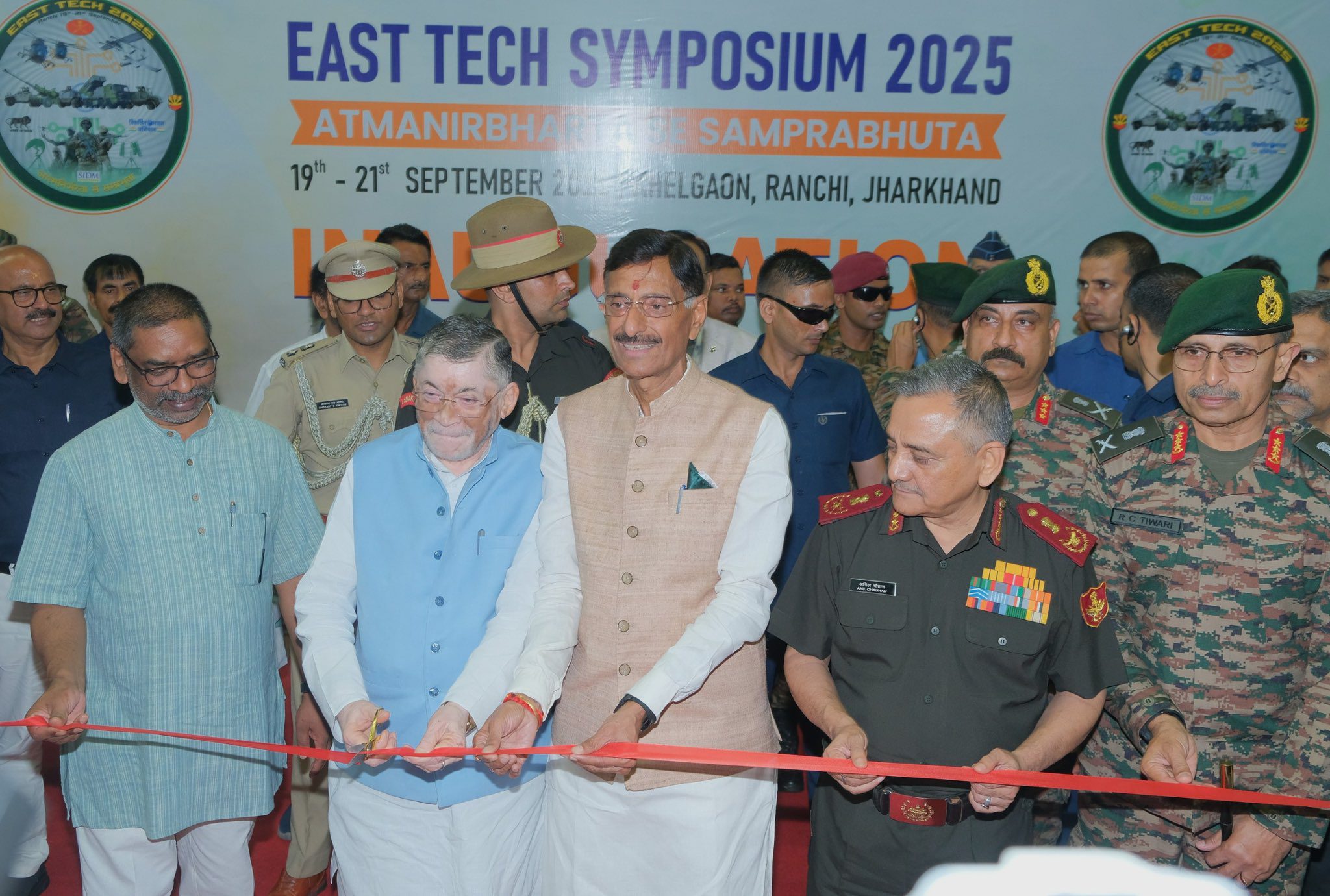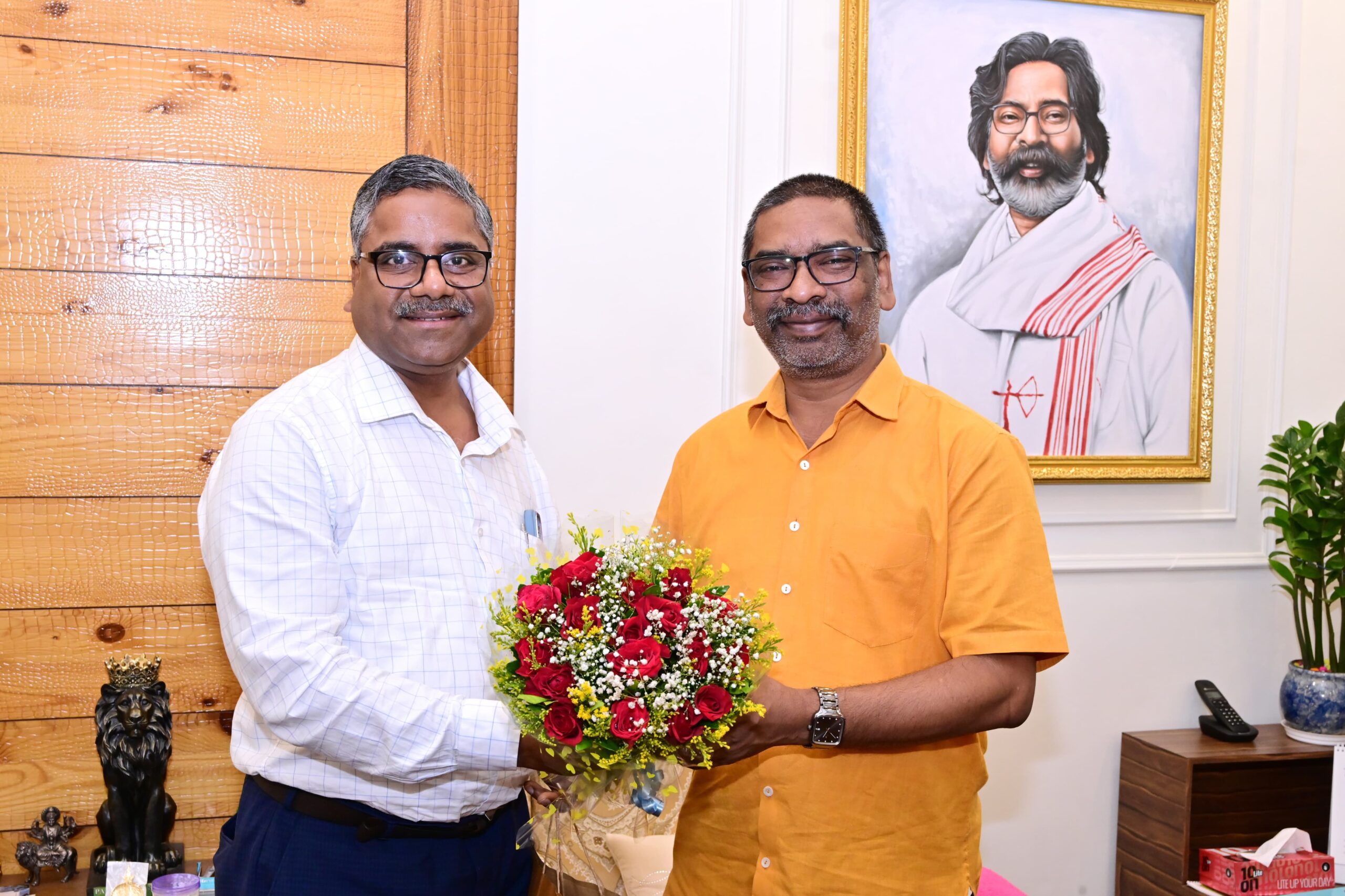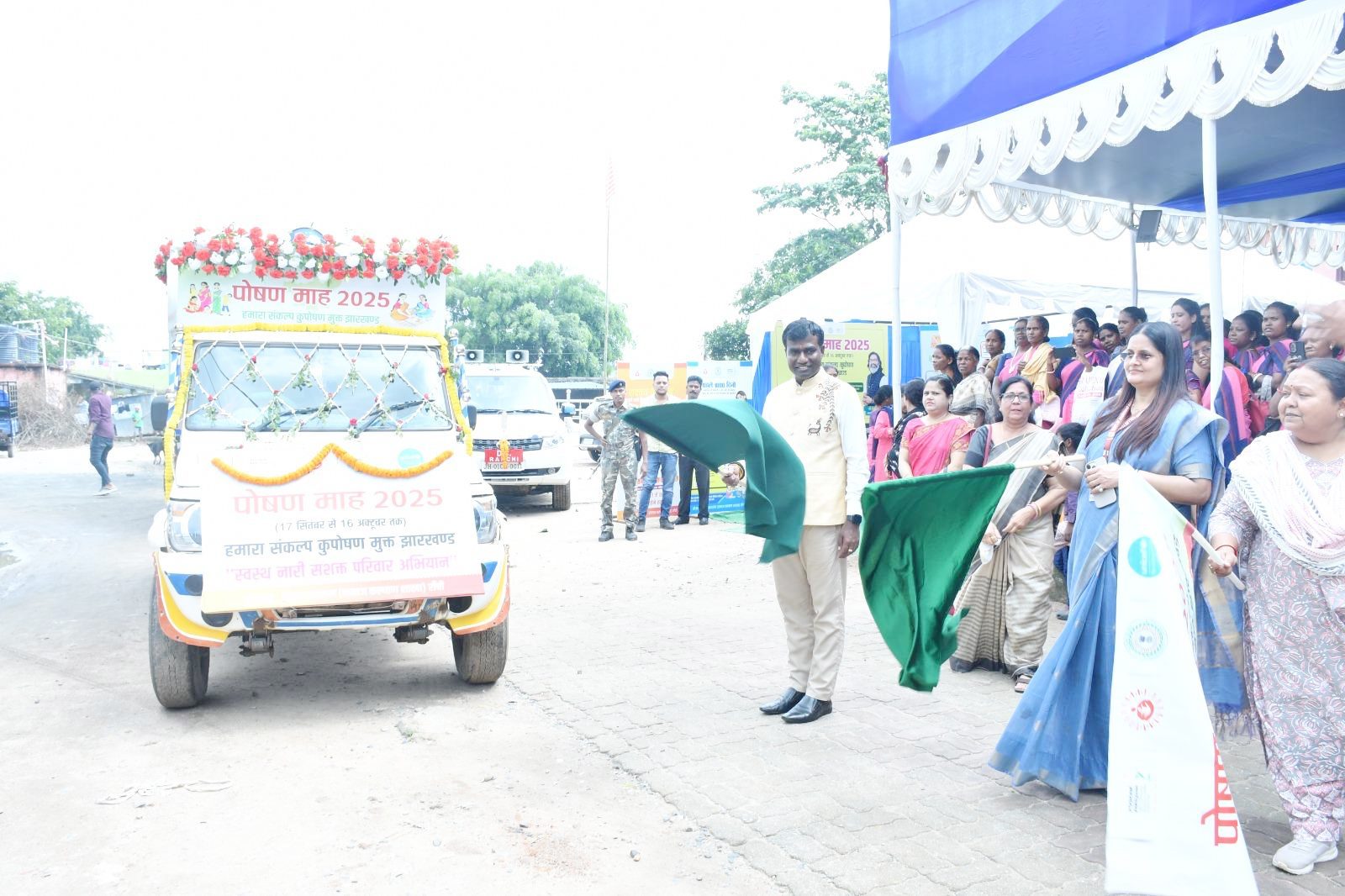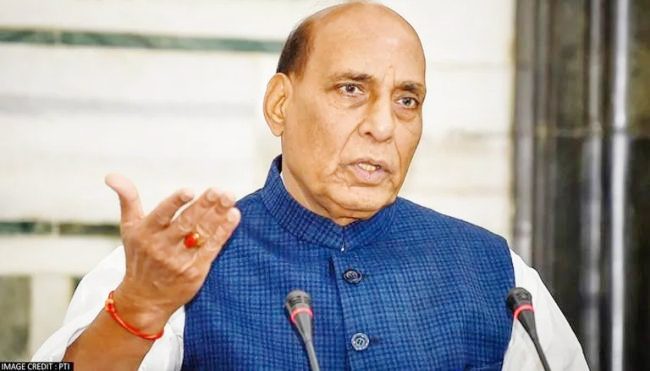More News : Gun ownership laws in the United States and India are vastly different — and the reasons lie deeply rooted in both countries’ history, legal systems, and cultural outlooks.
In the United States, buying a gun is relatively easy. The primary reason is the Second Amendment of the U.S. Constitution, which gives citizens the right to “keep and bear arms.” This constitutional right is central to all debates around gun control in the country. In many American states, the process of purchasing a firearm can be completed in under an hour. Although federal law mandates a background check, it is often completed within minutes.
Gun ownership is also a deeply ingrained part of American culture. For many, it symbolizes personal freedom, self-defense, and even recreational activities like hunting and sport shooting. Powerful gun rights advocacy groups like the National Rifle Association (NRA) actively oppose stricter gun laws and wield significant political influence. Even after mass shootings in schools and public places, calls for stricter laws are often countered by these lobbying forces — which is why gun control remains a highly contentious and unresolved issue in the U.S.
In contrast, India’s gun ownership laws are strict, complex, and highly regulated. The roots of this regulatory system can be traced back to the Indian Arms Act of 1878, introduced by the British colonial government after the 1857 revolt to suppress armed resistance. After independence, India retained a similar system, reinforcing tight control over civilian access to firearms.
In India, one must obtain a license to legally own a firearm, and the process is long and rigorous. Applicants must provide legitimate reasons, usually self-defense, and undergo multiple levels of verification by police and administrative authorities. These checks assess criminal history, mental health, social background, and the actual necessity of possessing a firearm. The process can take several months or even years.
India’s focus is on public safety, and the government assumes the responsibility of protecting citizens, rather than encouraging personal firearm ownership. Unlike in the U.S., gun ownership in India is seen as a privilege, not a constitutional right.
This fundamental difference also explains why political or ideological disagreements in the U.S. can sometimes escalate into gun violence, while such outcomes are far less likely in India, where civilian gun ownership is rare and tightly monitored.



